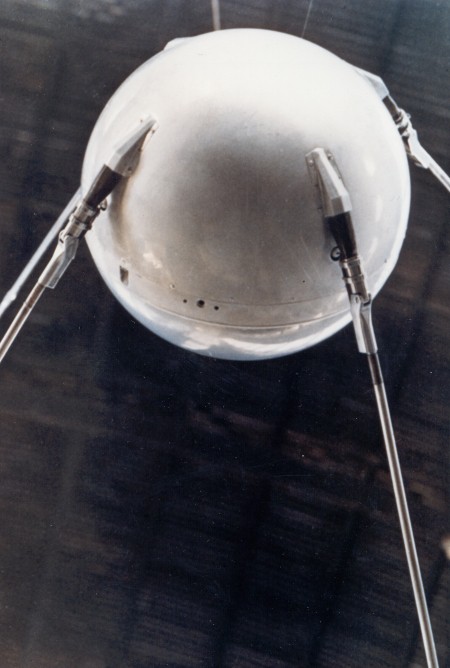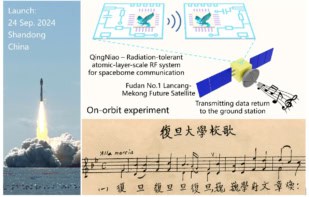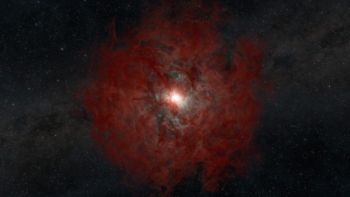On 4 October 1957 the Soviet Union launched Sputnik 1, the first artificial satellite. 50 years later, and people around the globe have been celebrating what was the harbinger of space exploration.

In Star City — the Russian cosmonaut training centre just outside of Moscow — former cosmonauts, military officials and engineers gathered earlier today to reminisce over events leading up to the launch. At the foot of the Kremlin walls, military officials laid flowers on the grave of Sergei Korolyov, the influential rocket scientist who led the Soviet satellite program. “Of course, speaking for just us scientists [the launch] sparked an unexpected furore around the world. No-one expected this, even including our engineers,” Viktor Frusmon, one of Korolyov’s colleagues, told Russian reporters.
Elsewhere in the world, celebrations for International Sputnik Day are more varied. In France, for instance, Franck Ancel — who organizes events to “raise questions about technology” — is presenting artists’ Sputnik-related images and recordings at the National Office of Aerospatial Studies and Research. Meanwhile, Igor Hax from Liverpool in the UK has created slow, “break-beat” music based on samples of Sputnik’s famous bleeping. More conventionally, the Toronto Aerospace Museum in Canada is hosting various presentations of the space era by scientists.
The anniversary was also marked yesterday, with Michael Griffin, administrator of NASA, and Antoly Perminov, head of the Russian Federal Space Agency, agreeing to work together to look for water on the Moon and Mars. They signed agreements at the US embassy in Moscow to use Russian instruments on both NASA’s Lunar Reconnaissance Orbiter, due to be launched in October 2008, and the Mars Science Laboratory, a robotic rover due to be launched in 2009.
The good cheer was tempered, however, by Russia’s military space commander Vladimir Popovkin, who cautioned about countries launching weapons systems into space. “We need to have strong rules about space to avoid its militarization, and if any country will place a weapon in space then our response will be the same,” he told the newspaper Trud. Popovkin added that weapons should not be deployed in space because no country has the right to control it.
• This month’s issue of Physics World has several feature-length articles devoted to Sputnik 1 and its legacy.




